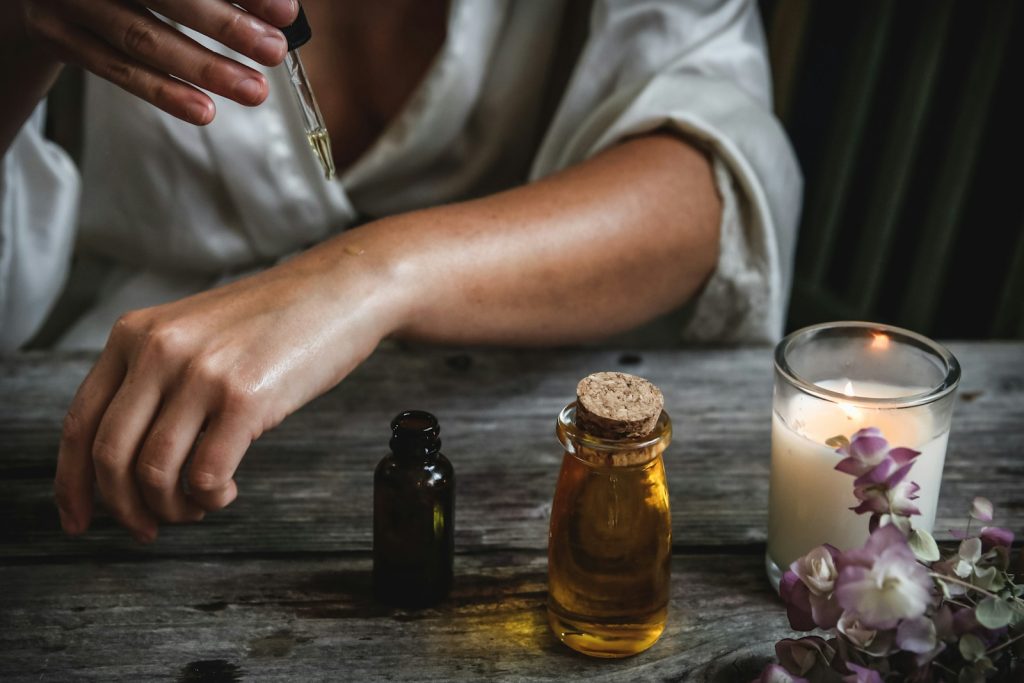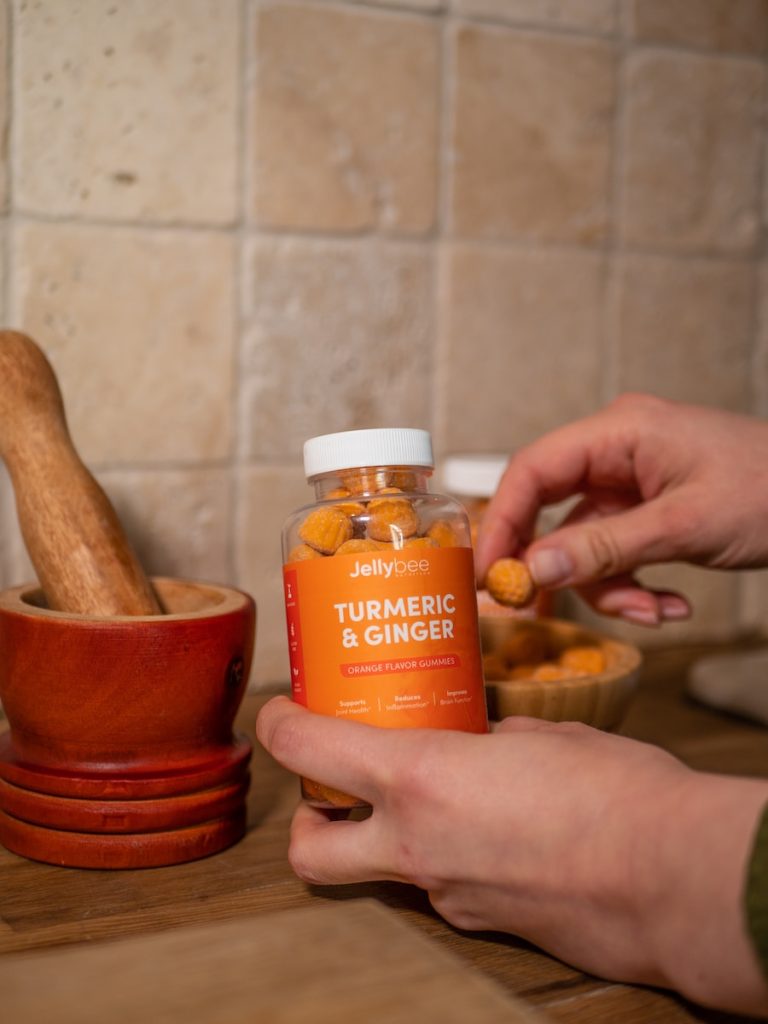Are you looking for a way to turn back the clock and keep your skin looking young and elastic? Look no further than krill oil and its powerful ingredient, Astaxanthin. Astaxanthin is a carotenoid antioxidant found in krill oil that has been shown to have a significant impact on skin elasticity and overall skin health. In fact, studies have shown that Astaxanthin can help reduce the appearance of fine lines and wrinkles, while also improving skin texture and tone.
The Anti-Aging Effect of Krill Oil

Krill oil is a type of oil that is extracted from krill, a small crustacean that resembles a shrimp. It is a rich source of omega-3 fatty acids, which are essential for maintaining healthy skin. In addition to omega-3 fatty acids, krill oil also contains a powerful antioxidant called astaxanthin.
Astaxanthin is a carotenoid that is found in certain types of seafood, including krill. It is a potent antioxidant that helps protect the skin from damage caused by free radicals. Free radicals are unstable molecules that can damage cells and contribute to the aging process.
Research has shown that astaxanthin can help improve skin elasticity and reduce the appearance of fine lines and wrinkles. In a study published in the Journal of Cosmetic Dermatology, participants who took astaxanthin supplements for eight weeks saw a significant improvement in skin elasticity and moisture content.
Krill oil also contains phospholipids, which are important for maintaining healthy cell membranes. Cell membranes are responsible for regulating what goes in and out of cells, and they play a crucial role in maintaining skin health. Phospholipids help keep cell membranes flexible and strong, which can help prevent damage to the skin.
Incorporating krill oil into your daily routine is easy. You can take krill oil supplements, which are available in capsule form, or you can add krill oil to your diet by eating krill or other types of seafood that contain astaxanthin.
Here are three easy ways to incorporate krill oil into your daily routine:
- Take krill oil supplements: Krill oil supplements are a convenient way to get the benefits of krill oil and astaxanthin. Look for supplements that contain at least 500mg of krill oil per serving and are certified by a third-party testing organization.
- Eat krill or other seafood: Krill and other types of seafood, such as salmon and shrimp, are good sources of astaxanthin. Try incorporating these foods into your diet a few times a week.
- Use krill oil in cooking: Krill oil can be used in cooking as a substitute for other types of oil. It has a mild flavor and can be used in a variety of dishes, such as stir-fries and salads.
Precautions and Possible Side Effects of Krill Oil
While krill oil is generally safe for most people, there are some precautions and possible side effects to be aware of.
Krill oil can cause stomach upset, decreased appetite, heartburn, fishy burps, bloating, diarrhea, and nausea in some people. If you experience any of these symptoms, you should stop taking the supplement and consult with your healthcare provider.
Krill oil can also interact with certain medications, including blood thinners and nonsteroidal anti-inflammatory drugs (NSAIDs), so it is important to talk to your healthcare provider before taking krill oil supplements if you are taking any medications.
In addition, krill oil can cause allergic reactions in some people, especially those who are allergic to seafood. If you have a seafood allergy, you should avoid taking krill oil supplements.
Overall, krill oil is a safe and effective supplement that can help improve skin elasticity and appearance. However, it is important to talk to your healthcare provider before taking any new supplements to ensure that they are safe for you to take.
In conclusion, krill oil and astaxanthin have been shown to have a positive impact on skin elasticity and can help keep skin looking young and healthy. By incorporating krill oil into your daily life, you can take advantage of these benefits and keep your skin looking its best.
Disclaimer: The information provided in this blog is for educational purposes only and is not intended as a substitute for professional medical advice. Always consult with your physician or another qualified healthcare provider before starting any new treatment or with any questions you may have regarding a medical condition. We also cannot guarantee the accuracy of the scientific studies mentioned.
Sources:
- Download .nbib
- Krill: Uses, Uses, Side Effects, Precautions, and More – Verywell Health
- Krill Oil for Cardiovascular Risk Prevention: Is It for Real?
David, a dedicated superfood enthusiast, has spent over a decade delving deep into the healing and rejuvenating powers of superfoods. With his vast knowledge, he passionately shares insights on how these natural wonders can optimize health and vitality for modern lifestyles.




